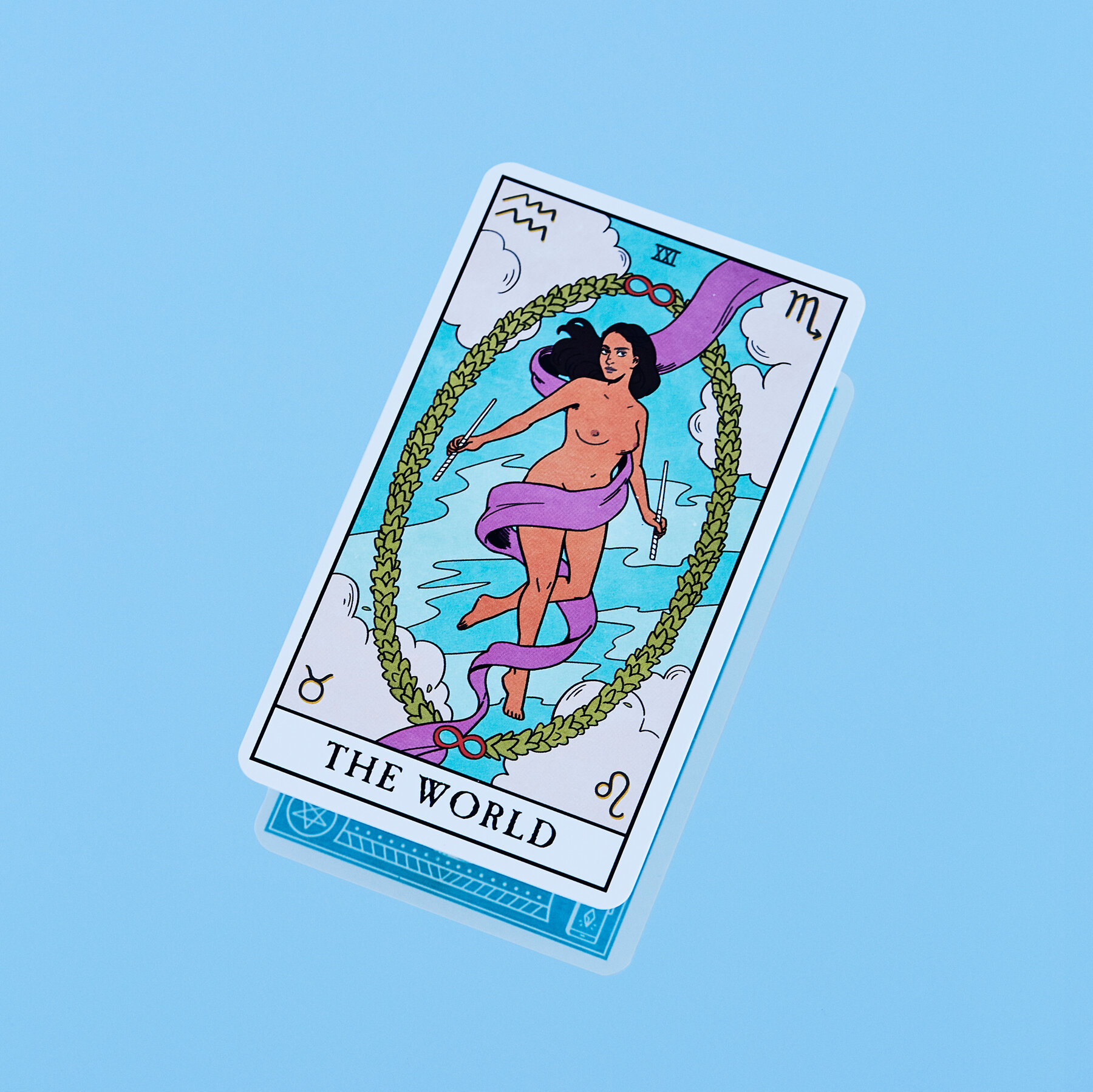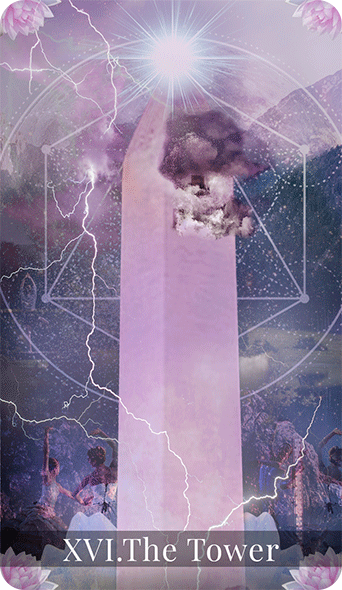
An ancient method of fortunetelling involves looking at tea leaves to predict the future. It is known as tasseography. It was first developed in China, the Middle East and elsewhere. It's an old and simple ritual that's still in use today.
It works by studying the leaves' shapes. Some people also claim to see letters formed in the leaves. This means that it's a good practice to make copies of the leaves so that you can study their meanings. If you're trying to predict the future, it's important to check the tea leaf symbols to make sure that they are accurate.
A tea cup can also be used to divinate. This tea cup is not only useful for personal information but can also be used to predict public events. You should therefore always be aware of what's happening in the public realm. Also, be aware of what's going on in you own life.

Tea leaves may have symbols that mean different things depending on their location and the interpreter. Some symbols may be small and others large. Before you begin, make sure to think about the size and relative proximity of each symbol. Some symbols, like the anchor, are a sign of good luck in business. Others, such as the key, are a symbol of happiness and security.
You should keep your mind open and calm while looking at the leaves. You should also look for resemblances to natural objects and human figures. Don't despair if you are unable to find obvious resemblances. It could be that there are no obvious similarities.
Before you can begin to read the tea leaves, it is important that you wash the cup. This will allow the leaves to settle at the bottom. The cup should be inverted to drain any liquid. You should also make sure that the saucer is upside down so that it catches any drips. This will make the tea leaf reading easier.
After you have finished washing and trimming the leaves, place the cup upside-down on top of the saucer. Next, take the cup and hold it in your lefthand. Next, turn the cup upside-down for one second. After one minute has passed, place a teaspoonful tea in the bottom of your cup. You should then turn the cup back to its original position. This should be done three times to ensure that the tea leaves are all read. Note down the meanings of these symbols. To make sure you get the shapes right, practice interpretation.

Tea leaf reading is a simple and easy home ritual that you can perform at your own pace. It's a fun way to learn about your future. It's also fun to have your family and friends try it. For Halloween, you could even have a tea leaf-reading station.
FAQ
What are your educational hobbies?
An educational hobby is an activity where you learn something by doing it. It could be anything, from playing sports to learning how an instrument is played.
You should have fun with it. You don’t have to do it constantly, but you should consider what other activities you could be engaging in instead.
These activities could end up costing you far more than what you pay for.
What is observation hobby?
Observation hobbies allow you to observe others doing the same thing. These hobbies could include reading books, watching sports, or going on vacation. You could also observe other people.
Observation hobbies are great because they help you learn how to think creatively. This knowledge can be used later to help you with projects that you are working on for others or yourself.
It will be easier to learn about something if you are interested in it.
If you are interested in learning more about football, for example, you might watch a match or read a book. To learn more about photography, it is possible to visit and take photos.
If you love to play music, there are two options: either buy a new guitar online or follow along with the songs.
You could also choose to cook at home or go to restaurants if you are a good cook.
If you love gardening, you might grow vegetables or flowers.
If dancing is something you enjoy, join a dance class.
You could also paint pictures if you are a fan of painting.
If you like writing, you could write stories or poems.
You might enjoy drawing pictures, if you are a good artist.
If you're passionate about animals you might consider working at a Zoo or looking after their pets.
If science is your passion, you might choose to study biology or chemistry.
History lovers can watch films, read books or listen to podcasts.
If you enjoy travelling, you might consider exploring your local area or traveling abroad.
What are collection hobbies?
Books, movies, music and comics are the most popular collections.
Also, you can collect anything: stamps, coin to cars, dolls to action figure to model kit to figurines to art materials to tools to cook utensils and jewelry to watches to jewellery to appliances to clothes to furniture or antiques to...
You get it?
What are some great hobbies ideas?
Hobby Ideas that are great for people who enjoy teaching others.
Hobbies can allow you to be creative and have fun while learning.
While there are many types of hobbies available, most share the same characteristics. They're often fun and easy to do.
They often involve helping others, such as teaching an instrument to someone or building an airplane model.
Although you might not consider yourself a teacher, there are likely things you can do to help others learn.
Consider starting a hobby to use your creativity to help others.
Is it possible that you can make a lot of money from your hobby?
Not necessarily.
But if your passion is to start a business, you might be able to make a lot of money.
Let's take, for example, that you love cooking. You love healthy food and decided to open a restaurant.
You only offer organic meals from scratch. Customers pay a small charge to cover the cost of ingredients and labor.
You will eventually be able to grow your client base and hire people who are willing to work with you.
You can eventually expand your menu to include vegan and gluten-free dishes.
You've now created a profitable business that allows you to live the life you desire.
But, it doesn't mean your day job must be abandoned.
You could also run your restaurant, while still maintaining your 9-5 job.
What are competitive hobbies, you ask?
Swimming, running, cycling, golfing and tennis are some of the competitive sports.
They're a great way to get social interaction and are enjoyed by those who love physical activity.
If you have a hobby that involves physical activity, then you'll probably find that there are other people around who share this interest.
This could mean joining a club, or group that meets regularly to do sports together.
You may also want to play in a team game, where you are playing with others.
These include football (soccer), cricket, rugby, netball, basketball, hockey, baseball, volleyball, badminton, squash, handball, and table tennis.
There are many types of competition.
Some competitions are organized for purely recreational purposes.
Others are used to assess competitors' abilities.
Some are even designed to reward outstanding performance.
In these cases, the winners receive prizes.
Other competitions are intended to test strength and stamina.
These are known as endurance events.
For example, marathon races, triathlons, Ironman Triathlon, etc.
These events are often contested by athletes who train hard.
They will follow a strict training program to prepare themselves mentally and physically.
They might also need to be away from their homes during preparation.
It is important to keep in mind that not all athletes can compete in every event.
Statistics
- The intensity of the dialogue partners' bond at the end of the forty-five-minute vulnerability interaction was rated as closer than the closest relationship in the lives of 30 percent of similar students. (time.com)
- In comparison, men in the “no humor” condition were refused 84.6% of the time and were only accepted 15.4% of the time. (time.com)
- A new survey by Pew Research Center of teens ages 13 to 17 finds that 36% of girls feel tense or nervous about their day every day; 23% of boys say the same. (pewresearch.org)
- This 100% accurate personality-analyzing hobby quiz discovers your passion based on your characteristics. (quizexpo.com)
- 37% Video Games 36% Travel 36% Health and Fitness (quizexpo.com)
External Links
How To
How to Learn a Musical Instrument
If you want to learn how to play music, there are many ways to do so. You could either go to a school, buy a book, take lessons from someone who plays an instrument, watch videos online, etc. However, if you decide to find your own way to learn, here are some tips and tricks that might help you out.
-
Find something that interests and you. If you don't like any of the instruments you see around, then you should try another one. If you don’t enjoy playing an instrument it will be hard for you to get into it.
-
Be patient. It takes time to learn something new. Don't expect to master everything right away. Instead, you should continue practicing every day.
-
Keep practicing regularly. Even if you feel tired, keep practicing. This will help you remember what you've learned.
-
Pick a place where you can practice. A quiet room where you won't disturb anyone else is ideal. You should also make sure there aren’t any distractions. You should avoid loud music being played near you.
-
Have fun. Music should be enjoyed. You should have fun practicing music. Being happy will inspire you to keep practicing.
-
Set goals. If you set goals, then you will know exactly how you want to get there. This will make it impossible to fail.
-
Keep track of how you are doing. List all of your successes as well as your failures. This will help you to improve your performance over time.
-
Take breaks. Sometimes you just need to take a break. Taking breaks can give you the time to think.
-
Ask questions. Ask other people if you have any doubts or confusion regarding certain aspects of the instrument. They may be able to help you out.
-
Learn by listening. Many musicians listen to songs that they like and imitate them. This helps them understand basic concepts behind the song.
-
Read books. Reading books will teach you more than watching videos or taking classes. Books contain information you will not find anywhere else.
-
Get involved in a band. Playing with other people will make you more practice. Plus, you will meet people who share similar interests as yours.
-
Learn from tutorials. Tutorials are short videos that explain various topics in great detail. These videos often focus on one aspect or part of the instrument. Watching tutorials can help you understand difficult parts of the instrument.
-
Try different methods. Some people prefer to learn through lectures, whereas others learn better by reading. Find what works best for your learning style.
-
Practice makes perfect. Nobody becomes an expert overnight. Instead, it takes time and effort to become proficient enough for you to succeed.
-
Begin a group of musicians. Listening and learning from others can help you to learn faster.